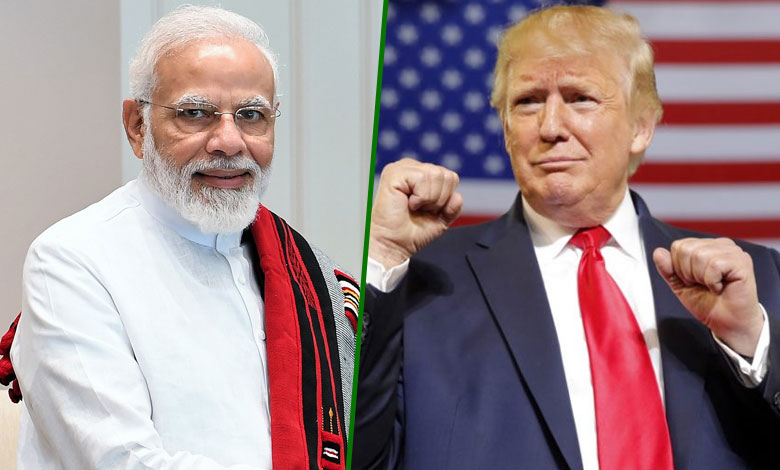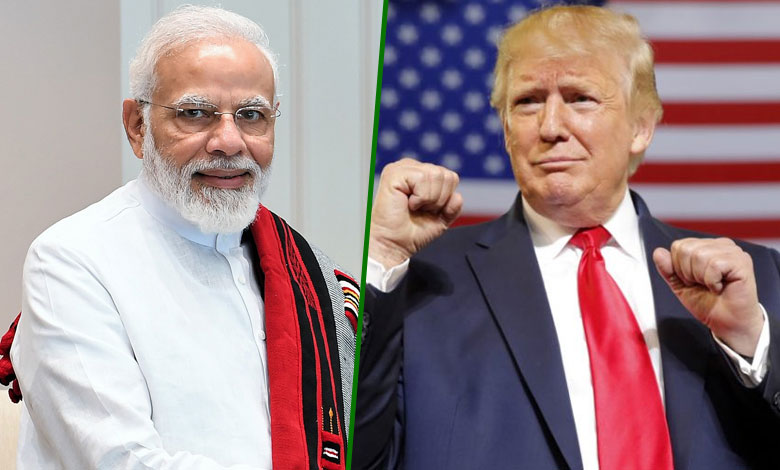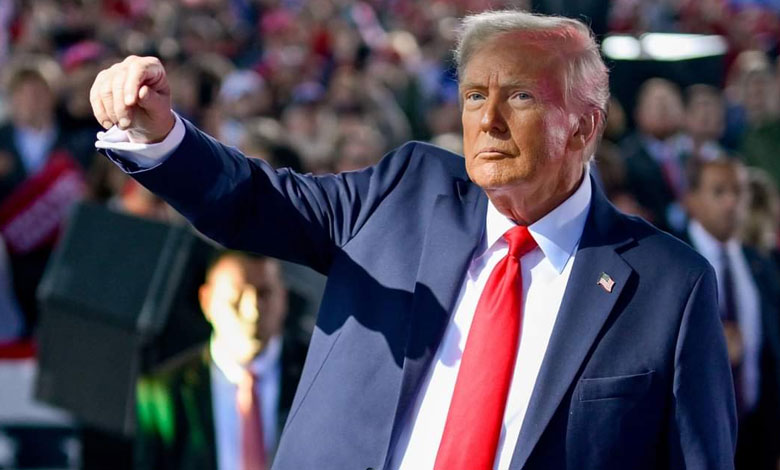Trade, Tariffs, and H1B Visas: Will India Be Ready for Trump’s Tough Policies in His Second Term?
As Donald Trump returns to the White House, India faces potential challenges over trade, tariffs, and H1B visas. Will India be prepared to navigate his tough policies in his second term?

As Donald Trump returns to the White House, India faces potential challenges over trade, tariffs, and H1B visas. Will India be prepared to navigate his tough policies in his second term?
India is reportedly preparing a strategic blueprint to navigate its relationship with the United States under the incoming President, Donald Trump, who will re-enter the White House on January 20. Despite recent tensions over key issues such as H1B visas and high tariffs on American goods, India is cautiously considering its approach, considering the challenges the Trump administration might pose.
Table of Contents
Tensions Over Trade Policies and Tariffs
India’s trade relationship with the United States has been a focal point of tension, particularly during Trump’s previous tenure. In 2018, the U.S. imposed tariffs on steel and aluminum imports from several countries, including India, citing national security concerns. The following year, Washington removed India from the Generalized System of Preferences (GSP) program, costing India approximately $6 billion in trade benefits.
India is closely monitoring Trump’s rhetoric regarding tariffs and the ongoing disputes concerning H1B visas. Although India believes some of these comments to be mere political posturing, the government is not taking any chances, anticipating that the new Trump administration may adopt a more stringent approach toward India.
Trump’s Trade Concerns and India’s Response

Trump has repeatedly voiced concerns about the U.S. trade deficit with countries like India. Official statistics show India has a trade surplus of about $40 billion with the U.S., which remains its top trading partner. Trump has often suggested that the U.S. should adopt reciprocal trade policies, where if one country imposes high tariffs, the U.S. would do the same.
“I’ve always said, if they tax us, we tax them the same amount,” Trump remarked at his Mar-a-Lago resort last month. “The word reciprocal is important because if somebody charges us—India, we don’t have to talk about our own—if India charges us 100 percent, do we charge them nothing for the same?”
India’s strategy seems to be focused on addressing trade concerns while strengthening other aspects of the relationship, particularly in strategic areas.
India’s Diplomatic Strategy and Strategic Partnerships
Former Indian Ambassador to the U.S., Meera Shankar, highlighted that while bipartisan consensus exists in the U.S. on strengthening ties with India, internal political, economic, and social polarizations could present challenges. Shankar emphasized that India cannot afford to take its relationship with the U.S. for granted and must work closely with the incoming Administration to build on shared interests and navigate areas of divergence.
Also Read: Elon Musk Predicts Civil War in the UK—is He Becoming a Global Kingmaker?
India hopes to continue to capitalize on the strategic initiatives that Trump started during his first term. Notably, India may be willing to deepen its involvement in regional alliances like the Quad further, even if it risks escalating tensions with China.
“We must discuss the whole gamut of our Strategic Partnership with the new Administration to ensure continuity. There could be potential friction on trade, technology cooperation, and visas for our professionals,” Shankar noted. “There could also be differences on climate change if Trump decides to withdraw from global agreements.”
jaishankar’s Visit to the U.S. and Sullivan’s Upcoming Visit to India
As part of India’s diplomatic efforts, External Affairs Minister S. Jaishankar visited the U.S. in late December to engage with key figures in the incoming Trump administration. During his visit, Jaishankar met with Congressman Michael Waltz, who is expected to play a key role in the new Administration’s National Security policies. However, there were no official announcements regarding a potential invitation for Indian Prime Minister Narendra Modi to Trump’s inauguration.

Michael Kugelman, Director of the South Asia Institute at the Wilson Center, suggested that Jaishankar’s visit aimed to reassure both sides about their commitment to advancing the bilateral partnership despite the partisan tensions in both countries.
On January 6, U.S. National Security Advisor Jake Sullivan will visit India to meet with NSA Ajit Doval and discuss initiatives related to critical and emerging technologies, a key area of collaboration between the two countries.
Moving Forward: India-U.S. Relations
India faces a delicate balancing act in managing its relations with the U.S. under President Trump. While trade disputes and immigration issues remain challenging, India is also keen on continuing cooperation in defense, technology, and strategic partnerships. As both countries prepare for the next phase of their bilateral relationship, India remains committed to engaging with the new Administration to ensure mutual benefits and long-term stability in ties.
